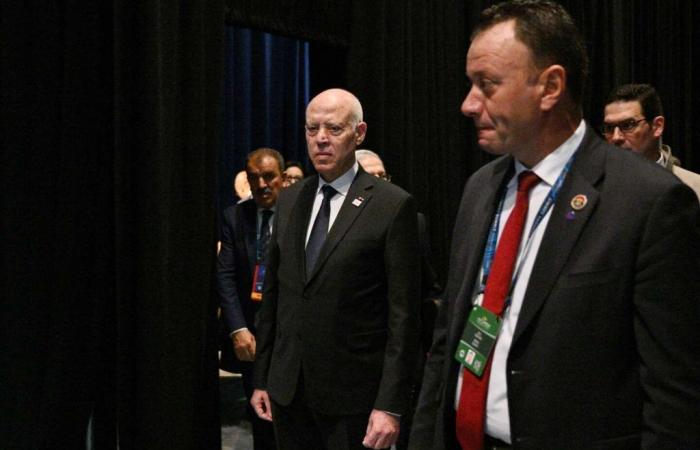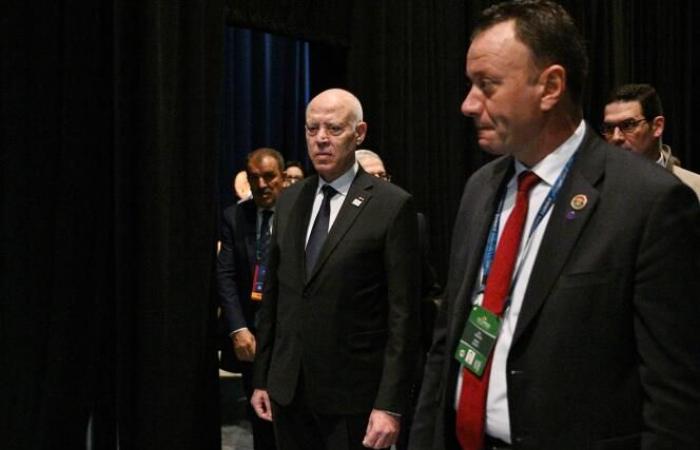A presidential election will be held in Tunisia on October 6, 2024, announced on Tuesday, July 2, the head of state, Kaïs Saïed, in power since 2019 and whose five-year term ends in the fall. Mr. Saïed, 66, who granted himself full powers on July 25, 2021, shaking the young Tunisian democracy born of the first revolt of the “Arab Spring”, has not announced whether he will seek a new term.
“The President of the Republic issued a decree today, July 2, 2024, calling voters for a presidential election on Sunday, October 6, 2024.”the presidency said in a statement.
Democratically elected in October 2019, Mr. Saïed dismissed the Prime Minister in July 2021 and froze Parliament before dissolving it after several months of political deadlock. He had a new Constitution adopted by referendum in the summer of 2022, establishing a system made up of two chambers with very limited powers: the Assembly of People’s Representatives (ARP) and a National Council of Regions and Districts. This constitutional revision took Tunisia from a parliamentary regime to an ultra-presidentialist system which, according to his detractors, confirms Mr. Saïed’s authoritarian drift.
Read also | Article reserved for our subscribers In Tunisia, Kaïs Saïed dismisses two of his ministers amid clan war
Add to your selections
Since spring 2023, the main opponents have been imprisoned, including the leader of the conservative Islamist Ennahda party, Rached Ghannouchi, and the president of the Free Destourian Party, Abir Moussi, nostalgic for the dictatorships of the independence hero Habib Bourguiba and Zine El-Abidine Ben Ali, overthrown in January 2011.
Serious political crisis and authoritarianism
Since his coup, Kaïs Saïed has been ruling the country by decree. On several occasions in recent months, he has ordered the dismissal of various ministers and senior officials.
Since February, around twenty opponents and personalities have been imprisoned and are “accused of conspiracy against state security” and the president called them “terrorists”NGOs, including Amnesty International, have denounced “a politically motivated witch hunt”.
Ennahda, Mr. Saied’s bête noire, dominated the coalitions of the ten years following the democratic revolution of 2011 against the dictatorship of Ben Ali.
Read also | Article reserved for our subscribers In Tunisia, repression is increasing and fear is reasserting its rights
Add to your selections
The serious political crisis that Tunisia has been going through since the coup in July 2021 is compounded by serious economic difficulties with sluggish growth (around 2%), a rising poverty rate and very high unemployment (15% of the working population).
Follow us on WhatsApp
Stay informed
Receive the essential African news on WhatsApp with the “Monde Afrique” channel
Join
The country is, along with Libya, one of the main departure points for migrants who risk perilous crossings in the Mediterranean in the hope of reaching Europe. Since a xenophobic speech by Mr. Saïed in February 2023, thousands of sub-Saharan African nationals staying illegally in Tunisia have lost their homes and their jobs, most of them informal.
In May, the UN High Commissioner for Human Rights denounced “bullying and harassment” victims in Tunisia of lawyers and members of the media critical of the government and its migration policies.







